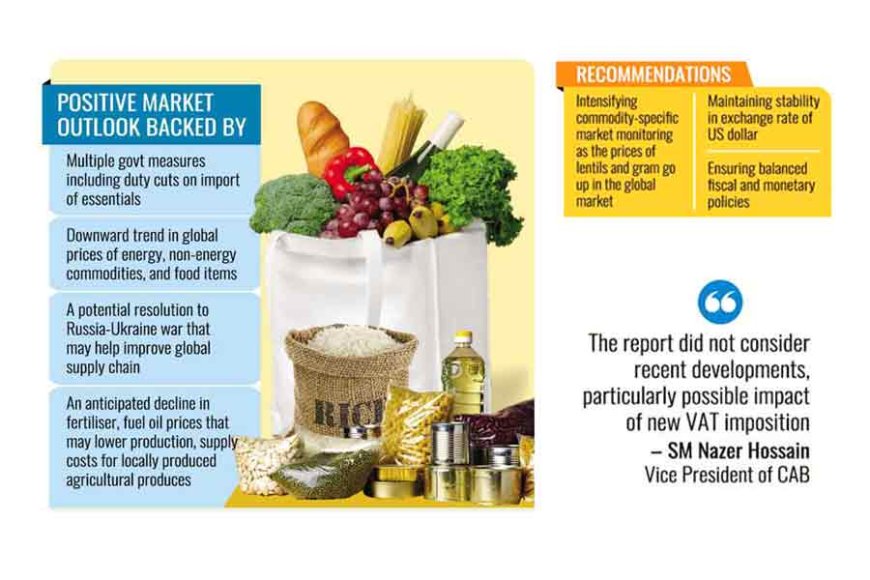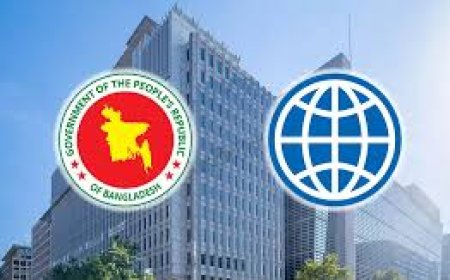Ramadan Essentials: BTTC Predicts Stable Market Conditions
Ramadan Essentials: BTTC Predicts Stable Market Conditions

Key Essential Prices Likely to Remain Stable During Ramadan: BTTC Report
The prices of essential items are expected to remain stable during Ramadan, supported by various government initiatives, according to a report by the Bangladesh Trade and Tariff Commission (BTTC) released on Sunday.
The report underlines the importance of strengthening market monitoring and overseeing the supply and stock levels of commodities like lentils and gram, particularly as global prices for these items have risen recently. It also calls on the commerce ministry to implement follow-up measures to ensure stability.
As part of the government’s Ramadan preparations, the report analyzes the local market and suggests necessary actions to mitigate any potential disruptions. Market insiders, while appreciating the report’s detailed import data and evidence of surplus stock, expressed concerns over the potential impact of increased VAT on approximately 100 items, which was not accounted for in the analysis.
Since December 2024, global prices of energy, non-energy commodities, food items (including oil and meals), and raw materials have trended downward. However, food grains such as rice, maize, and barley have seen price increases, raising concerns about local impacts.
The report also highlights the potential for a resolution to the Russia-Ukraine conflict to improve global supply chains, which could enhance the availability of imported goods and further stabilize prices. Declines in international prices of fertilisers and fuel oil are expected to reduce production and supply costs for domestic agricultural products.
The BTTC emphasized maintaining exchange rate stability for the US dollar and adopting balanced fiscal and monetary policies to mitigate price fluctuations. It recommended that the Bangladesh Bank take necessary measures to ensure price stability.
Encouraging Developments in Imports and Global Trends
The report notes a potential reduction in Ramadan commodity prices due to falling global edible oil prices and reduced duties on edible oil imports. The government has already exempted all duties and taxes on rice imports to counter a drop in local production.
Traders have opened letters of credit (LCs) to import 0.475 million tonnes of rice and around 0.30 million tonnes of sugar. Wheat imports reached 3.0 million tonnes between July 1, 2024, and January 5, 2025, compared to 2.6 million tonnes in the same period last year. However, imports of palm oil, sugar, dates, and onions declined, while rice, wheat, soybean oil, seeds, and lentils saw significant increases.
Concerns Over New VAT Policies
SM Nazer Hossain, Vice President of the Consumers Association of Bangladesh (CAB), commended the report for its comprehensive analysis but criticized its omission of recent VAT changes. He pointed out that higher VAT on over 100 products and services could disrupt the anticipated market stability.
Under new rules, businesses with turnovers between Tk 3.0 million and Tk 5.0 million now face a turnover tax, while the threshold was previously Tk 5.0 million to Tk 30 million. Additionally, a 15% VAT is being imposed on goods and services for businesses with turnovers exceeding Tk 5.0 million.
Mr. Hossain warned these fiscal changes could undermine efforts to maintain stability during Ramadan, calling for a thorough assessment of the policies’ impact on essential commodities.
What's Your Reaction?





















































































